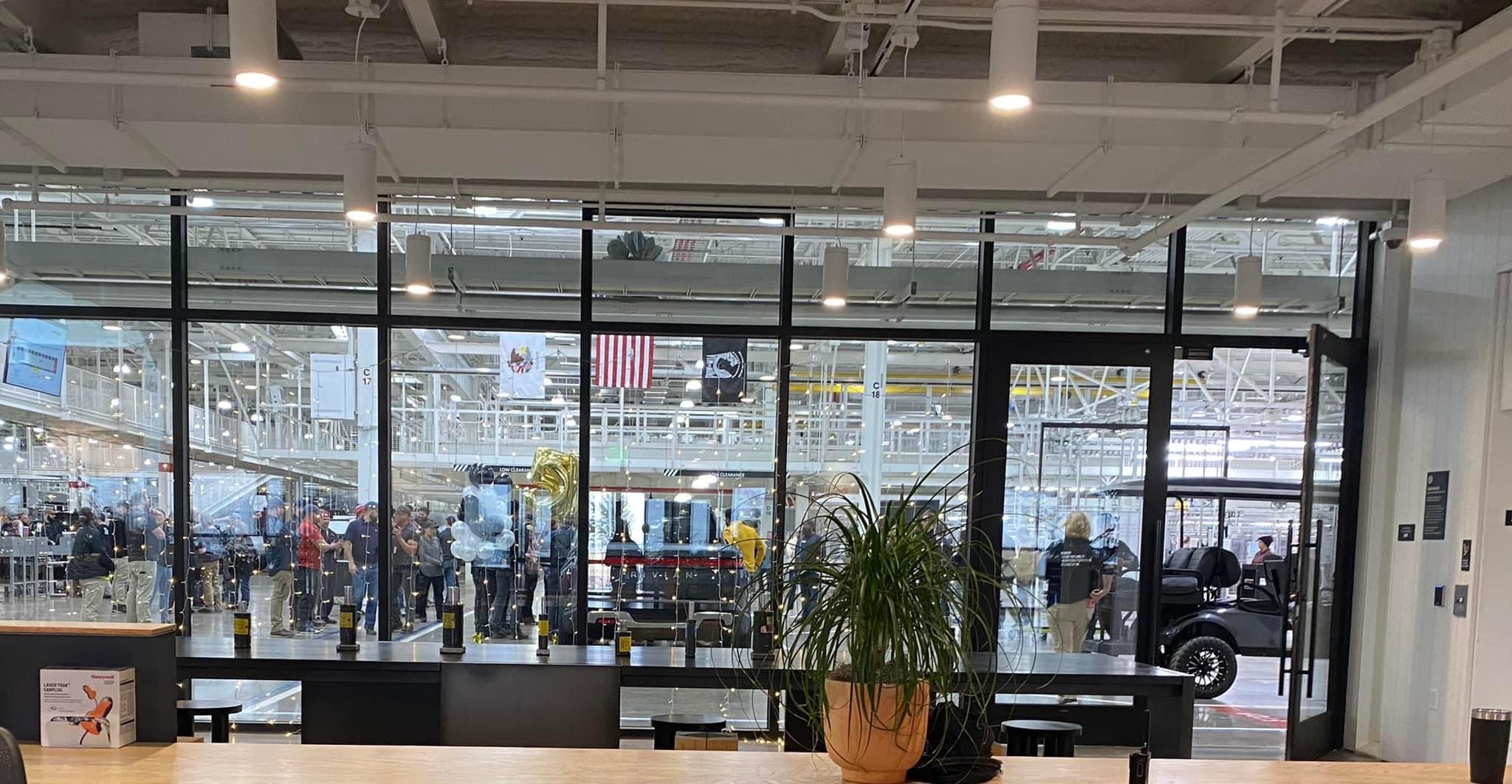No action was taken was done to specifically exclude the 5 seat Y. Its exclusion is a default state of being.
The $80k MSRP is for SUV, vans, and pickup trucks which are all versions of 'light truck'.
The Federal Law, since 2009, has allowed a vehicle with minimal ground clearance to qualify as a 'light truck' if it has 3 rows of seats where 2 rows fold flat for cargo (only reason a 7 seat Y qualifies).
49 CFR § 523.5 - Non-passenger automobile.
This section of the law is under NHTSA section.
The EPA definitions also rely on this regulation (light ttuck vs passenger vehicle). However, the EPA Administrator can modify vehicle classifications. Further, the EPA allows grouping cars by model line which apparently allows the latitude to group all Y under the SUV banner.
Treasury could update guidance to expand the groupings. If they do, that opens them to further criticism since some person/ group becomes the sole judge of MSRP cutoff.





